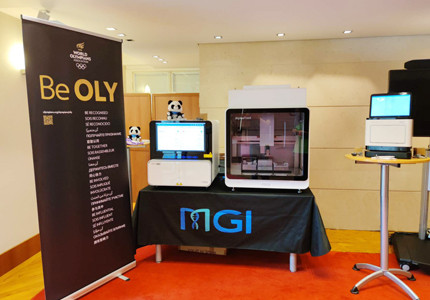Our use of cookies
We would like to use necessary cookies to perform the basic functions of this website. Such strictly necessary cookies do not require your consent and are therefore always active. We would also like to set analytical cookies and advertising cookies that help us make improvements by measuring how you use our website. Both the analytical cookies and advertising cookies require your consent and are therefore called “optional cookies”. Detailed information about the use of cookies and how you can control your consent for optional cookies can be found in our Cookie Policy and Privacy Policy.
Our use of cookies
We would like to use necessary cookies to perform the basic functions of this website. Such strictly necessary cookies do not require your consent and are therefore always active. We would also like to set analytical cookies and advertising cookies that help us make improvements by measuring how you use our website. Both the analytical cookies and advertising cookies require your consent and are therefore called “optional cookies”. Detailed information about the use of cookies and how you can control your consent for optional cookies can be found in our Cookie Policy and Privacy Policy.
· Option 1: Accept all optional cookies
· Option 2: Reject all optional cookies
About Cookies
Cookies are small text files that are stored on your device when you visit a website. They enable the website to remember your actions and preferences (such as login, language, font size, and other display preferences) over a period, so you don't have to keep re-entering them whenever you come back to the site or browse from one page to another. Cookies can be classified into different categories based on their function:
-
Necessary Cookies: These cookies are essential for the website to function properly. They enable basic features like page navigation and access to secure areas of the website.
-
Analytics Cookies: These cookies help website owners understand how visitors interact with the website by collecting and reporting information anonymously. This helps in improving the site's functionality and user experience.
-
Advertisement Cookies: These cookies are used to track visitors across websites. They are designed to display ads that are relevant and engaging for the individual user, thereby making the ads more valuable for publishers and third-party advertisers.
-
Preference Cookies: These cookies enable a website to remember information that changes the way the website behaves or looks, like your preferred language or the region that you are in.
By using our website, you agree to our use of cookies in accordance with our Cookie Policy and Privacy Policy. You can manage your cookie preferences through your browser settings.
| Name | Provider | Purpose | Expiry | Type |
|---|---|---|---|---|
| show_cookie_notice | About Cookies | cookie type |




